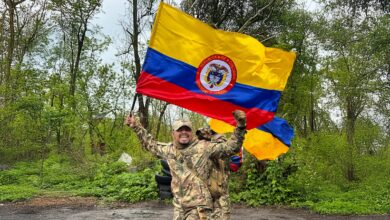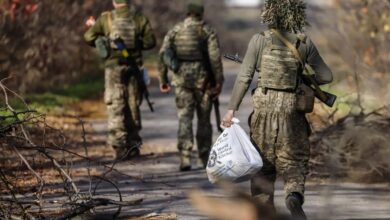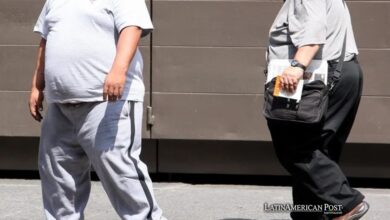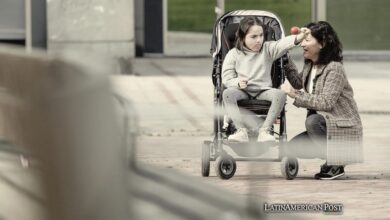Latin America in Short: HRW Warns about Democratic Crisis | The Ozone Layer Can Recover
This week Human Rights Watch has warned about the current democratic crisis. In better news, UN-backed experts have reported a possible recovery of the ozone layer. The most relevant news of the week summarized here.

Photos: HRW, Pixabay
LatinAmerican Post
Listen to this article
Leer en español: Latinoamérica en resumen: HRW advierte sobre crisis democrática | La capa de ozono se recupera
In global news, Kyiv and Moscow are fighting over the Solarte area amid Russia's invasion of Ukraine. At the time of this, Human Rights Watch has warned this week of a global democratic crisis caused by authoritarian governments. In better news, UN-backed academics have reported this week on the chances of ozone layer recovery. Meanwhile, Uganda has declared the end of the Ebola outbreak. The most relevant of the week is summarized and explained here.
Kyiv and Moscow dispute the strategic area of Solarte mile by mile
After the head of the Wagner squad (a unit of mercenaries at the service of the Kremlin), Yevgueni Prigozhin, announced the seizure of the town of Solarte in the Donetsk region, the fighting seems to contradict him. On the one hand, the General Staff of the Ukrainian army claims to have discharged a hundred enemy soldiers in the area. On the other, the Russian army calls for restraint on news that ensures control of its troops and allies of the town center.
This area of Soledar is not only strategic in the fight for control of eastern Ukraine, especially the city of Bakhmut, but also has mineral wealth. Precisely, Soledar has several salt mines, which are economically important for the area, and also has a 200-kilometer network that can help protect troops and artillery. Along with the bloody clashes, Kyiv estimates that there are about 560 civilians still trapped in Soledar and have not been able to be evacuated. Among the number of civilians in the area, there are approximately 15 children.
Human Rights Watch: The world is experiencing moments of cynicism by authoritarian governments
Human Rights Watch warned that the world is experiencing moments of democratic crisis and an increase in the violation of human rights. The organization detailed the situation in more than 100 countries and territories and determined that today, authoritarian governments are one of the main threats. In addition, it warns that these governments tend to proliferate when there are democracies that do not attend to and fulfill their obligations. In this way, discontent, instability and crises are, to a large extent, the causes of subsequent anti-democratic governments.
But it was not all bad news. According to HRW, cases like those of South Africa, Namibia and Indonesia are clear examples for safeguarding human rights in other contexts.
Also read: Floods In Pakistan Is The World Prepared To Take On More Natural Disasters?
The ozone layer is recovering
According to a United Nations-backed group of experts, the ozone layer is recovering. In fact, experts estimate that by 2040 most of this atmospheric layer will have recovered, with the exception of the Antarctic area, which will take longer. This good news is largely due to the Montreal Protocol, signed in 1987, which determined the elimination of various chemical substances (many of these aerosols) that were causing holes in the ozone layer. At the same time, these measures are contributing to the fight against climate change.
Uganda declared an end to the Ebola outbreak
This Wednesday, the World Health Organization (WHO) terminated the latest outbreak of the deadly Ebola virus that emerged in Uganda. This is excellent news for humanity, as the virus has mortality rates of around 47%. "Uganda has shown that Ebola can be defeated when the entire system works together and when everything is in place: from an alert mechanism to a search and care mechanism for affected people and their contacts, to full participation in the response (to the outbreak) of affected communities," said WHO Director Tedros Adhanom Ghebreyesus.




